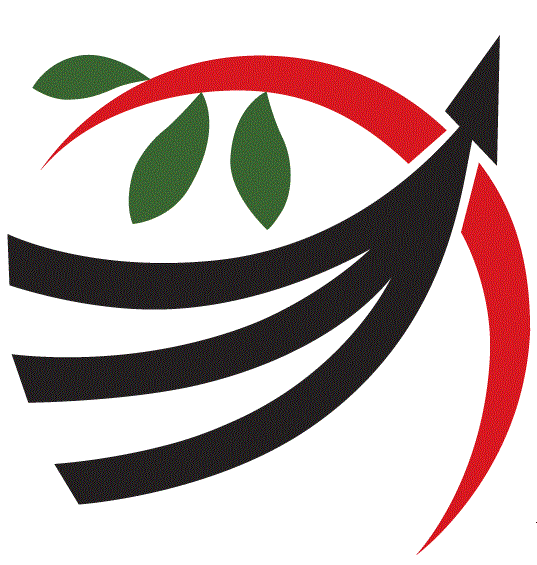A more Democratic Model for Political Elections
- Nov 13, 2025
- 3 min read
Updated: Nov 15, 2025
Rethinking U.S. Elections: How Optimized Consensus Could Transform Democracy
Audience: This article is for civic innovators, election reformers, deliberative democracy practitioners, and technologists building tools to support collaborative governance.

The Problem with “Winner Takes All”
Most democratic systems still use majority voting or ranked choice voting to determine outcomes. While these methods are familiar, they often lead to polarization, strategic voting, and fragile mandates. They struggle to reflect the full complexity of human preferences, especially when voters feel torn between multiple values or stakeholder considerations.
As Derek Muller explains, Arrow’s Impossibility Theorem shows that no ranked voting system can perfectly represent collective preferences under all conditions. However, Muller points out that rating systems — where voters score candidates rather than rank or select just one — can sidestep these paradoxes. That’s exactly the principle behind Smartsettle’s decision-making engine. This raises a deeper question: What if the real problem is not the vote-counting method, but the adversarial frame itself?
What If Elections Were Collaborative?
At Smartsettle, we’ve been asking: Can we transform elections into negotiations?
Instead of asking millions of voters to cast a single vote, what if we enabled them to contribute structured preferences, which are then processed using multi-stakeholder decision support tools to generate optimized consensus?
This is not a fantasy. Our system, Smartsettle Infinity, is already being used in live and simulated contexts — from international peace negotiations to community budgeting and procurement.
We believe elections could evolve from popularity contests into data-informed processes that surface options beneficial to the most people possible, taking into account nuance, trade-offs, and interdependencies.
How Optimized Consensus Works
Smartsettle Infinity allows participants to:
Express relative preferences over many interdependent issues
Include quantitative and qualitative inputs
Model multi-party, multi-issue tradeoffs
Identify solutions that maximize collective satisfaction without marginalizing dissenting voices
Instead of asking “Who wins?”, the system asks: What configuration of outcomes best satisfies the group, without making anyone worse off than their fallback option?
This approach is rooted in game theory, underpinned by a suite of intelligent algorithms, where parties interact through a neutral interface that protects privacy, encourages creativity, and rewards collaboration.
A Vision for Election Reform
Imagine a pilot project during the U.S. Presidential primaries where participants (or a representative sample) are invited to:
Prioritize policy preferences, not just candidate identities
Explore coalition possibilities between stakeholders
Participate in secure, blind negotiations with other “voter clusters”
View optimized outcomes that reveal where broad consensus could form
Instead of dividing the nation along red vs blue lines, this process might uncover surprising alignments, shared values, and transformative collaborative outcomes — particularly around complex issues like climate, healthcare, or economic equity.
Case Studies: Lessons from Other Simulations
We’ve already tested Smartsettle Infinity in contexts like:
In each case, stakeholders discovered new potential for agreement previously hidden beneath surface-level conflict. The same could apply in electoral contexts where voters feel trapped by binary choices. For those curious about how deep-rooted conflict habits affect not just elections but all social choices, we recommend this companion article:
Why Now?
The 2024 U.S. election revealed just how strained our current systems have become. Misinformation, partisan gridlock, voter disenfranchisement, and fear-based campaigning continue to erode trust. We believe now is the time to invest in alternatives — not to replace voting, but to complement it with new tools that offer deeper legitimacy, greater resilience, and better representation.
Let’s Pilot This Together
We’re seeking partners and funders who share this vision. If you’re involved in:
Deliberative democracy initiatives
Civic technology
University research on voting systems
Participatory budgeting or electoral commissions
…let’s talk.
👉 Email us or schedule a demo of Smartsettle Infinity to explore how this can be adapted for your community, institution, or region.



Comments